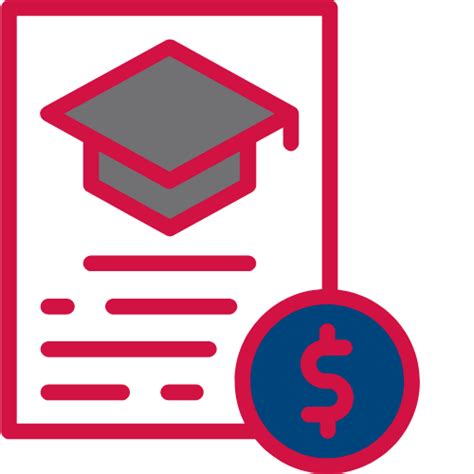As you embark on your higher education journey at MSU Denver, it’s imperative to understand the financial aid landscape and explore the diverse options available to you. This comprehensive guide will empower you with the knowledge and strategies to successfully navigate the financial aid process and secure the resources you need to reach your academic goals.

Types of Financial Aid at MSU Denver
MSU Denver offers a range of financial aid programs designed to assist students in meeting the costs of tuition, fees, and other educational expenses. These programs include:
- Grants: Free money that does not have to be repaid, typically awarded based on financial need.
- Scholarships: Merit-based awards granted to students who demonstrate academic excellence, leadership, or other special qualifications.
- Loans: Money borrowed from the government or private lenders that must be repaid with interest.
- Work-Study: Federal program that provides part-time employment opportunities for students with financial need.
How to Apply for Financial Aid
To apply for financial aid, you must complete the Free Application for Federal Student Aid (FAFSA). The FAFSA collects information about your family’s income and assets, and uses this information to determine your eligibility for federal and state aid programs.
The FAFSA application deadline for priority consideration is March 1st each year. However, you can still apply for financial aid after this date, but your funding options may be limited.
FAFSA Tips and Tricks
- Apply early to increase your chances of receiving the maximum amount of aid.
- Use the IRS Data Retrieval Tool to automatically populate your FAFSA with income information from your tax return.
- Be accurate and complete in your application, as any errors or omissions could delay the processing of your request.
Cost of Attendance and Financial Need
The cost of attendance (COA) at MSU Denver includes tuition and fees, as well as estimated expenses for housing, food, transportation, and other living expenses. Your financial need is determined by subtracting your EFC (Expected Family Contribution) from the COA.
Scholarships and Grants
MSU Denver offers a variety of scholarships and grants to students who demonstrate academic excellence, leadership, and financial need. To be considered for these awards, you must submit a separate application to the university.
The MSU Denver Foundation website provides a comprehensive list of available scholarships and grants, including eligibility criteria and application deadlines.
Loans and Work-Study
If you have exhausted all other funding options, you may consider taking out loans to cover your remaining expenses. The two main types of loans available to students are federal student loans and private student loans.
Federal student loans typically have lower interest rates and more flexible repayment options than private loans. However, private loans may be available to students who are not eligible for federal loans.
Work-Study is a federal program that provides part-time employment opportunities for students with financial need. These jobs are typically on-campus and related to your field of study.
Repayment Options for Loans
Once you graduate or leave school, you must begin repaying your student loans. There are a variety of repayment plans available, depending on your financial situation.
The most common repayment plan is the Standard Repayment Plan, which requires you to pay off your loans over a period of 10 years. However, you may be eligible for other repayment plans, such as the Graduated Repayment Plan or the Extended Repayment Plan.
Defaulting on Loans
If you fail to make your student loan payments on time, you may default on your loans. Defaulting on your loans can have serious consequences, including damage to your credit score, wage garnishment, and even loss of professional licenses.
If you are struggling to repay your loans, contact your loan servicer to discuss your options. There are a number of programs available to help borrowers who are in default or at risk of default.
Conclusion
Financial aid can play a crucial role in making your higher education dreams a reality. By understanding the different types of financial aid available, completing the FAFSA on time, and exploring scholarships and grants, you can maximize your chances of receiving the funding you need to succeed in college.
